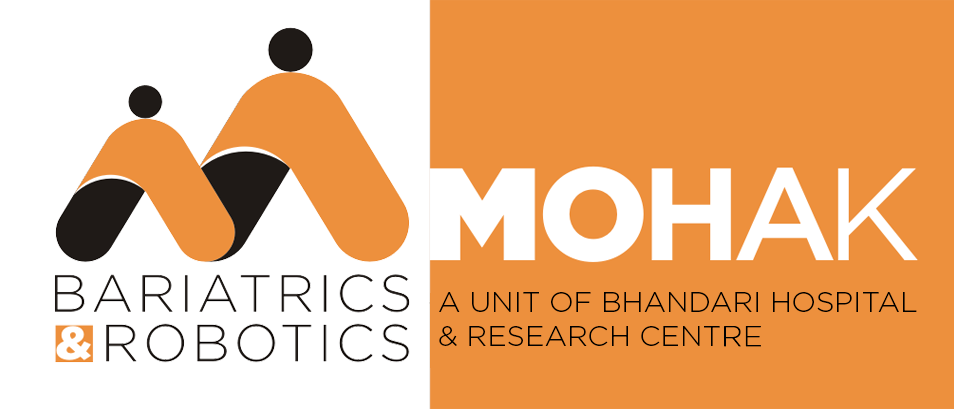Obesity is a word that is often taken lightly. But it has indeed become a global crisis. According to the World Health Organization definition – “Overweight and obesity are defined as abnormal or excessive fat accumulation that presents a health risk. A body mass index (BMI) over 25 is considered overweight, and over 30 is obese. The issue has grown to epidemic proportions, with over 4 million people dying each year as a result of being overweight or obese in 2017 according to the global burden of disease.”
Obesity has indeed become a curse, and the world needs a long term solution. Though lifestyle changes may help an individual make changes to his/her health, sometimes, despite all the efforts, it becomes difficult to shed off and remain healthy for the long term. That’s why many patients now opt for an innovative solution practised in the medical field- bariatric surgery, with near to no post-operative side effects. The bariatric surgery procedure defers from one individual to another, depending on various factors and pre-existing comorbidities.
Nonetheless, before treating any disease, we must understand it better. Let’s explore what the varied kinds of obesity are. Though medical expert argues on how many types of obesity exist, none denies that there are several kinds. Some researches divide into six groups all with BMI 30:
- “Heavy drinking” males
- Young, healthy females
- Affluent, healthy elderly
- Physically ill but happy elderly
- Unhappy, anxious middle-aged
- Those with the most inadequate health
They say such a differentiation is essential for clinical intervention to use appropriate procedure, “one solution for all” isn’t the way to go. Other medical professionals talk about types of obesity differently:
Food Obesity:
This is an accumulation of unwanted fats in the body due to excess intake of processed food and sugars. Adopting a healthy lifestyle with other interventions such as bariatric surgery can help.
The thickness of Nervous Stomach:
The main trigger point for this is anxiety, stress and depression. Relieving oneself of overburden and doing breathing exercises that reduce the pressure is essential, along with other treatments.
Gluten Diet:
Obesity due to prolonged sitting hours, excess gluten in diet, alcohol and smoking. This is generally experienced by women in their adolescence, menopause and those facing hormonal imbalances.
Genetic Metabolic Obesity:
People with this obesity has stomach swollen like a balloon. The fats are generally accumulated in the middle part of the body. This can affect those people more who consume alcohol and have trouble breathing.
Thickness due to Venous Circulation:
This occurs during pregnancy and amongst people who have swollen legs.
The thickness of Inactivity:
It majorly affects those parts of the body that have been active and are now inactive. Moving more and eating well can help. If you want to understand more about obesity and bariatric surgery treatment, call us on 6232012342.
